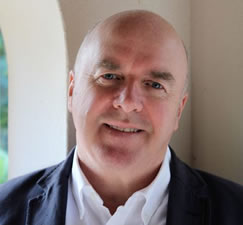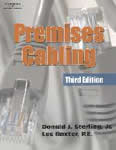2/25/2019· Intellectual Property
Adjusting the Balance in SEP Evaluations and Licensing
By: Keith Mallinson
A European Commission DG Growth initiative described in its Roadmap on Standard Essential Patents for a European digitalised economy aims to increase information on SEPs so implementers can get a better idea about which of these they might be infringing. Additional disclosures on how patent claims might read on the standards could be beneficial. Requirements should reflect the dynamics and uncertainties in standards development and patent prosecution and must not be onerous to patent owners. These are issues for standards development organisations to consider.















